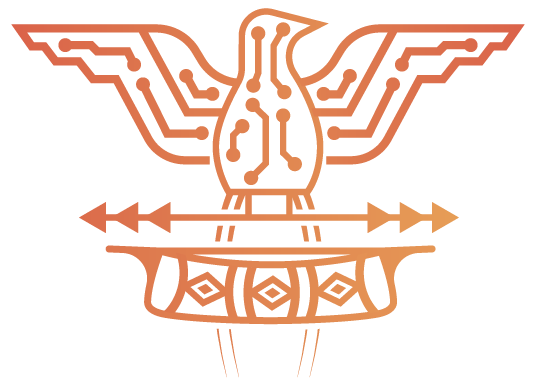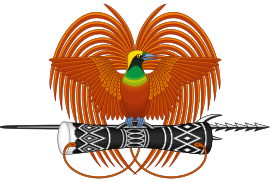
Department of Information and Communications Technology

Public body ICT Project Designs
All ICT Project Designs by public bodies must align to the Digital Government Plan, take into consideration the Government’s Technology Stack, and comply to approved digital standard, ensuring any declared shared digital service will be utilised.
In compliance with Section 14 and 15 of the Digital Government Act 2022, the Public Service ICT Steering Committee is responsible for Certification of all PIP and State Guaranteed ICT Project Designs, thus a submission must be made the responsible public body to the Secretariat of the Public Service ICT Steering Committee.
An ICT Project Design must meet the following criteria to be considered for a Certificate of Compliance:
- Alignment with the Digital Government Plan and
- The PNG Government Technology Stack.
- Compliance with the Digital (Government) Standards
Application and Guidelines for Applying for a Certificate of Compliance
To apply for a Certificate of Compliance, follow these guidelines:
- Prepare a comprehensive ICT Project Design, including all required information as per the criteria mentioned above.
- Submit a written request for approval to the Departmental Head, along with the complete ICT Project Design documentation.
- The Departmental Head will review the request and ICT Project Design within 30 days (or an extended period as communicated in writing) and provide a written response.
- If the ICT Project Design is approved, the Departmental Head will issue a Certificate of Compliance within 10 days from the date of the decision.
- If the ICT Project Design is rejected, the Departmental Head will issue a written notice of rejection within 10 working days of the decision.
- In case the decision is not communicated within the required time, the request is deemed rejected.
- Ensure that all necessary approvals and certificates are obtained before seeking development budget funding or State guaranteed funding.
The Papua New Guinea Government Technology Stack
The Papua New Guinea Government Technology Stack is a comprehensive framework provisioned within the Digital Government Plan 2023 – 2027 that outlines the layers and components of digital infrastructure, enabling technologies, critical applications, and user interfaces designed to create an efficient and secure digital government.
One of the primary goals of the PNG Government Technology Stack is to prevent duplication of efforts and promote the use of shared digital services across government agencies. When reviewing and providing clearance for potential ICT projects, it is essential to ensure that they leverage existing shared services and integrate seamlessly into the established technology stack.
Overall, the Government Technology Stack is important for several reasons:
Streamlined Services: The technology stack enables efficient and seamless delivery of government services to citizens, businesses, and other stakeholders by integrating various digital platforms and tools.
Cost-effectiveness: By leveraging shared infrastructure and services, the technology stack helps reduce costs, avoid duplication, and optimise resource allocation across government agencies.
Security and Privacy: The technology stack emphasises the protection of sensitive data and user privacy through secure data storage, communication, and access control mechanisms.
Interoperability: The technology stack facilitates the seamless exchange of data and information between different systems and government agencies, improving collaboration and decision-making processes.
Scalability: The technology stack is designed to accommodate growth and future advancements in technology, ensuring that the digital government infrastructure remains adaptable and relevant over time.
Accessibility: The technology stack promotes equal access to government services, ensuring that all citizens can benefit from digital government offerings regardless of their location, socioeconomic status, or technological capabilities.
Transparency and Accountability: By utilising technologies like blockchain and data analytics, the technology stack encourages transparency and accountability in government operations and decision-making processes.
User-centric Design: The technology stack prioritises the needs and experiences of end-users, including citizens, businesses, and government employees, ensuring that digital services are easy to use and navigate.
Contact Information
Dept of Information & Communication Technology
PO Box 784
Vision City, National Capital District, PNG
Email:info@ict.gov.pg
Phone: +675 3250171
Location: Islander Drive, Waigani Drive, NCD